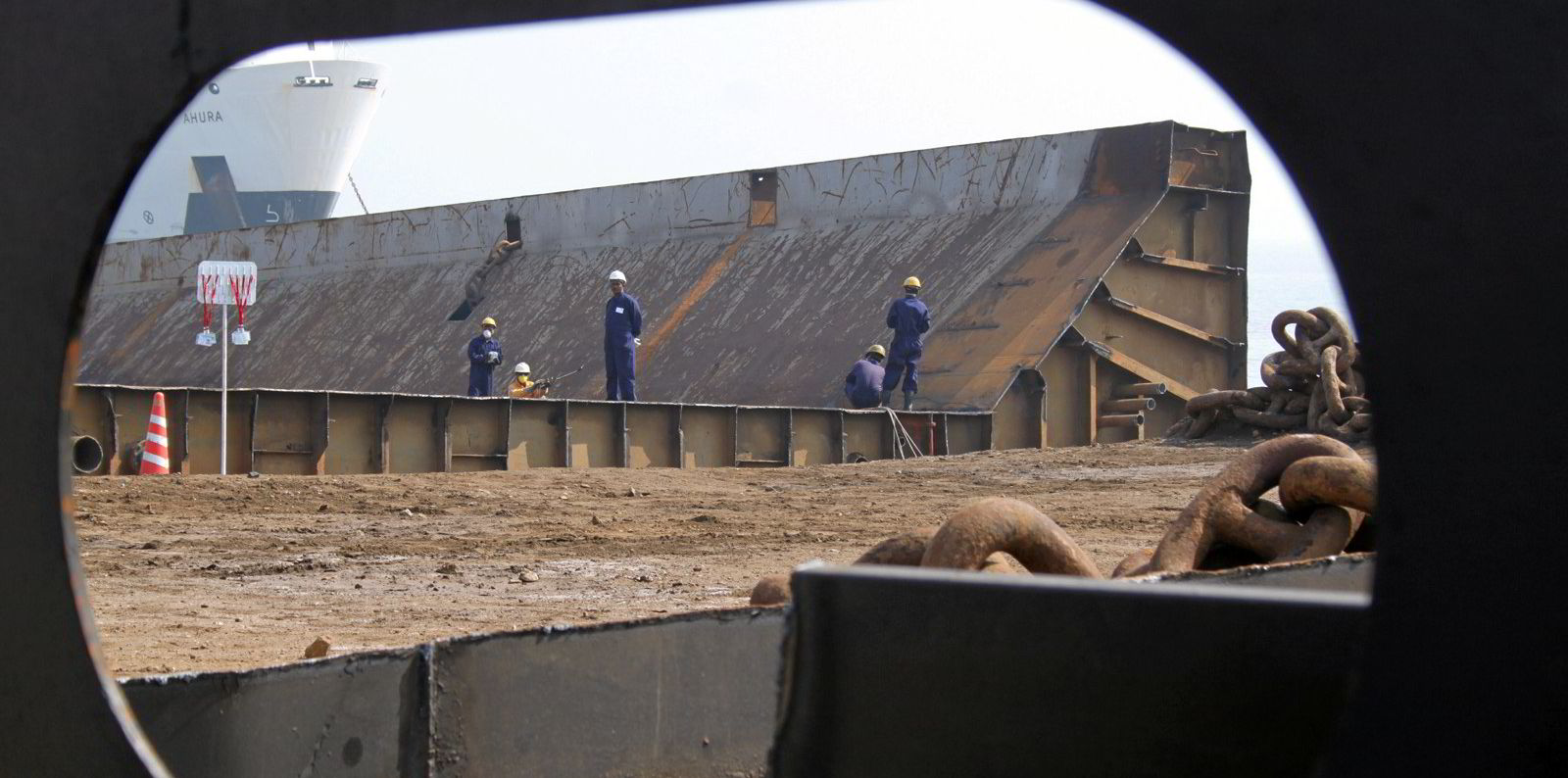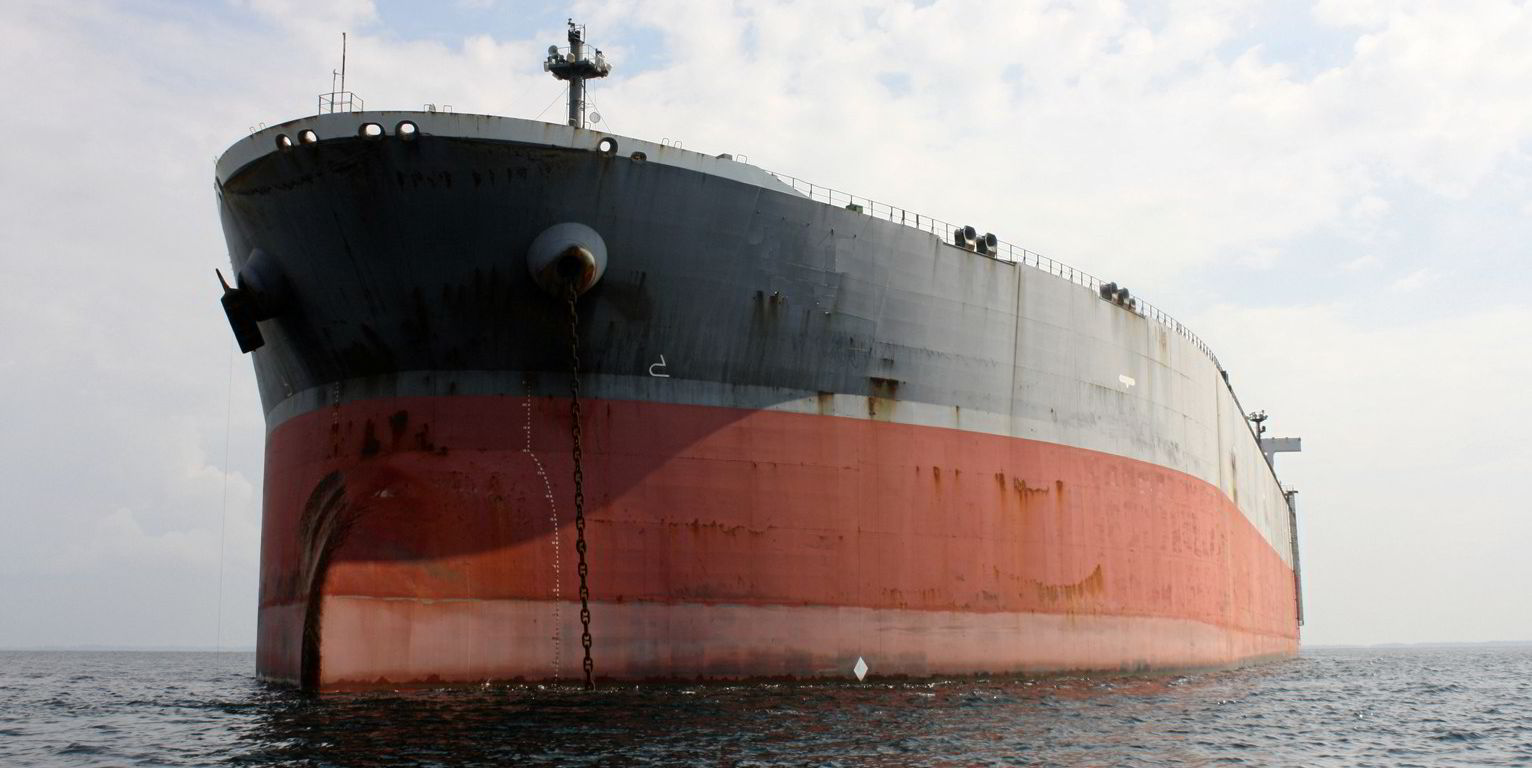Tanker scrapping in 2021 could be on track to reach the second highest level in a decade, according to the world’s largest shipbroker.
After oil tanker recycling reached 19.7m dwt in 2018, the highest level in over 30 years, activity was subdued across 2019 and 2020, according to Clarksons.
Volumes were limited in 2020 in particular by impacts of the Covid-19 pandemic, with the first half of the year seeing very strong tanker market conditions.
In addition, activity at demolition yards in the Indian subcontinent was disrupted through the year by Covid-19-related impacts.
However, Clarksons said a total of 81 ships of 7.2m dwt have been scrapped in the year to mid-August, including 4.8m dwt of crude tankers and 2.3m dwt of product tankers.
The 1.9m dwt of product tankers sold for scrap in the first half of this year represents the “strongest half year” for the segment since 2010.
Clarksons said two key fundamentals have underpinned the pick-up in recycling this year.
“Firstly, tanker earnings so far this year have averaged the lowest levels for over 30 years, with VLCC spot earnings, for example, having languished in negative territory since June,” it said.
Scrap values have risen sharply
“Meanwhile, amid surging steel prices, scrap values have risen sharply, with the estimated scrap value of a VLCC rising from $12m in June 2020 to around $26m in August 21.”
Clarksons said the latter figure is the equivalent of 25 years’ worth of earnings before operating expenses at the levels seen in the second quarter of this year for a 2010-built ship, the highest level since August 2008.
Looking ahead, the shipbroker said there remains potential for a “firmer pace of tanker scrapping to continue in the rest of 2021”.
“While tanker markets could see some improvements as oil demand gradually recovers, significant market upside appears unlikely in the short-term,” Clarksons said.
“Historically elevated scrap prices are also likely to mean that recycling remains an attractive option for owners.”
Clarksons said the ‘green transition’ and the ramp-up of regulations are expected to lead to accelerated fleet renewal, especially given the ageing tanker fleet.
Currently around 7% of fleet capacity is now aged over 20 years, with 27% aged over 15 years, up from 4% and 18% respectively five years ago.
“While recycling currently remains some way below 2018 levels, with demand-side challenges persisting, continued scrapping may well help to alleviate some of the ongoing tanker market surplus,” Clarksons said.





